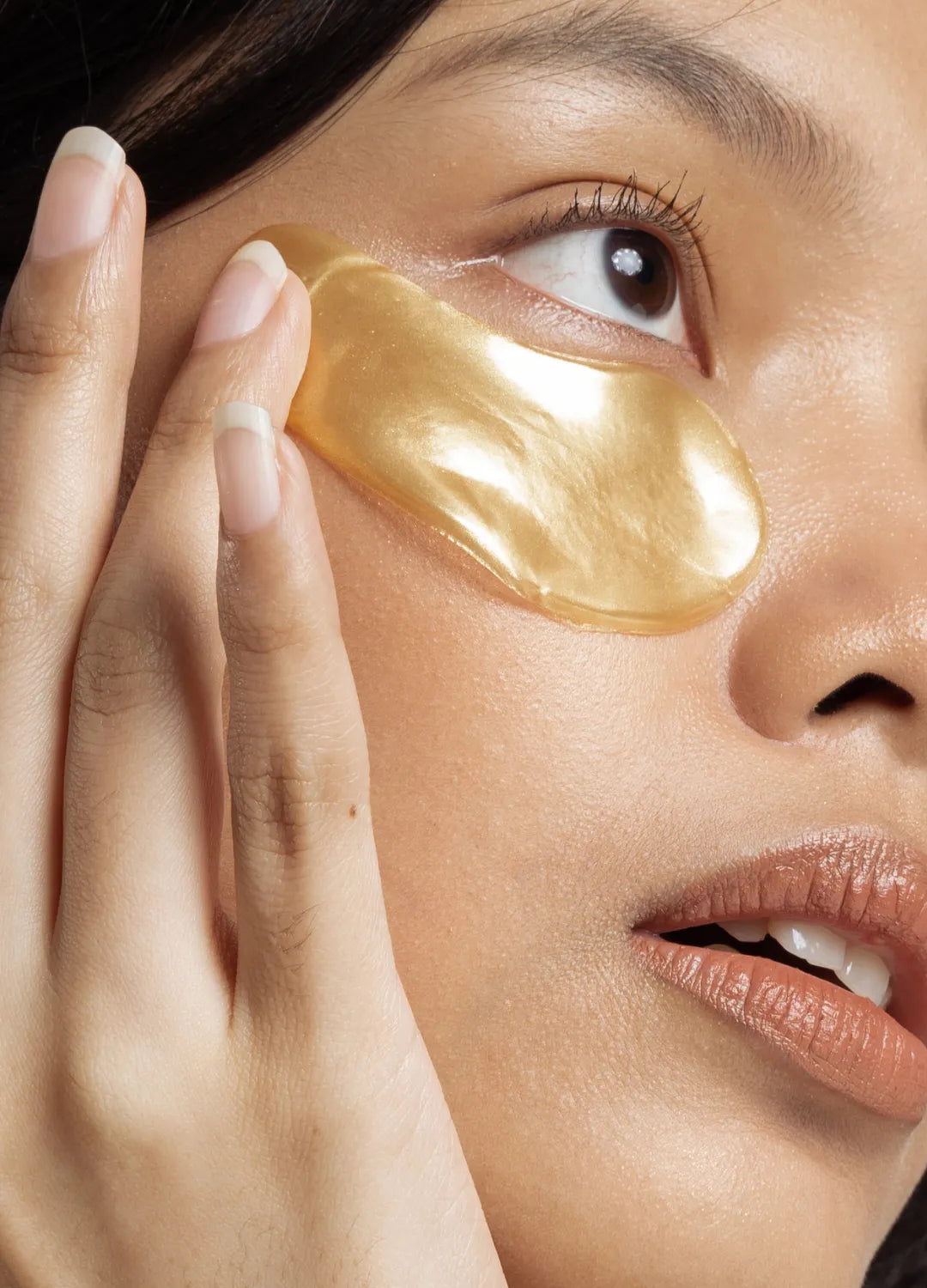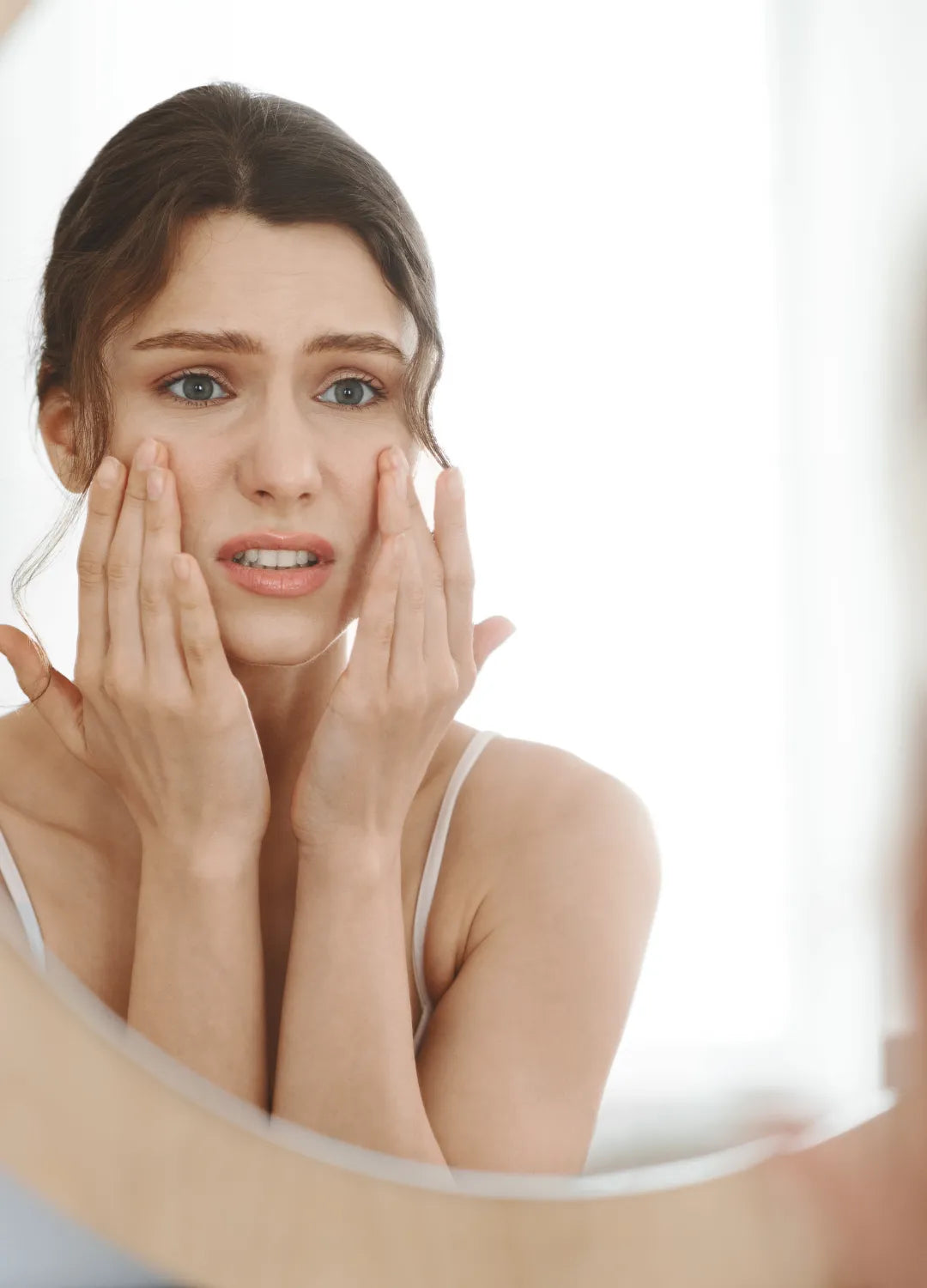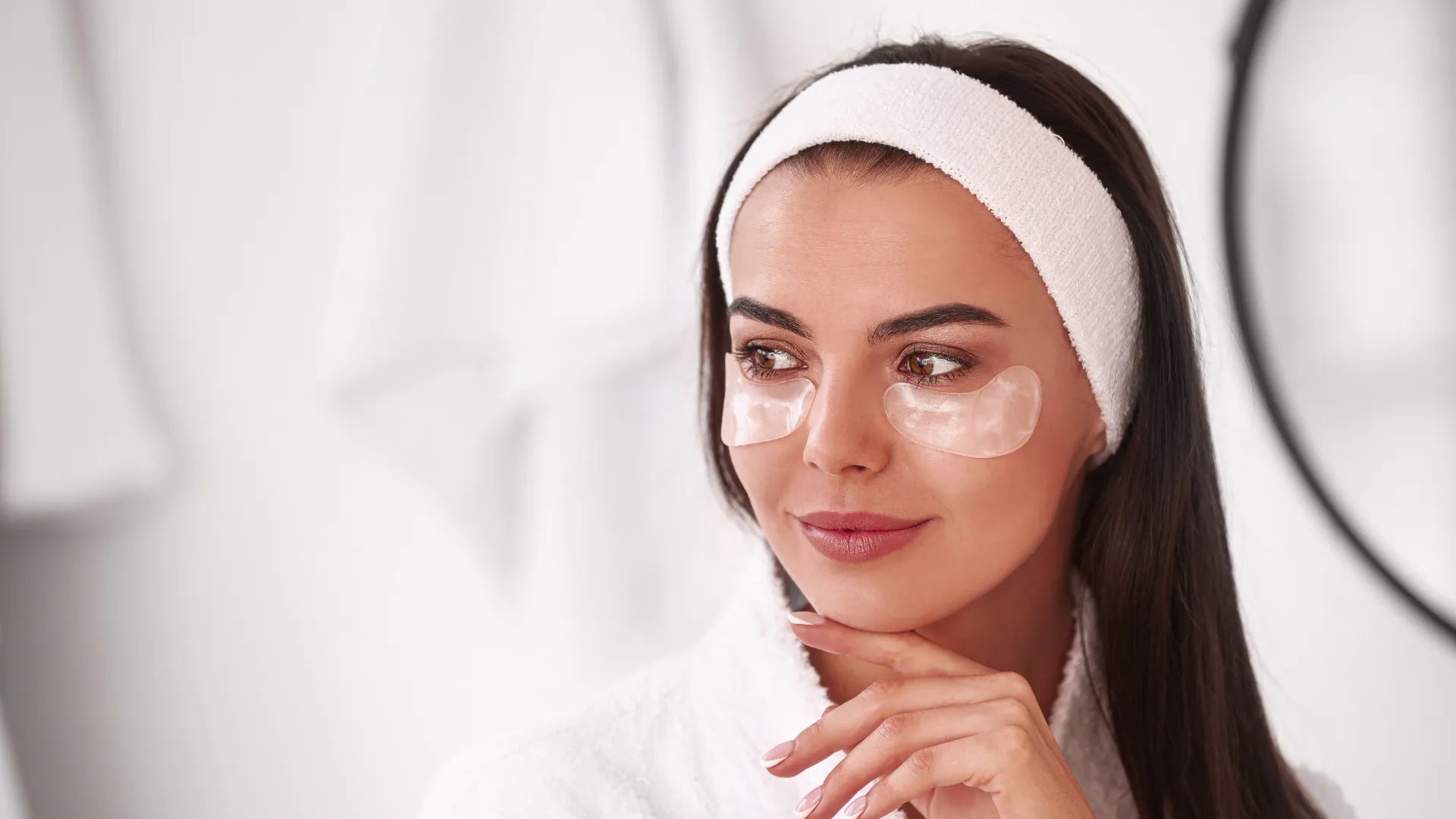
What Causes Dark Circles and Puffiness?
As we age, the skin under our eyes naturally becomes thinner and loses vital collagen, which is the protein responsible for maintaining the skin's strength and elasticity. This gradual thinning process allows the underlying blood vessels to become more visible, leading to the dark discoloration that we often refer to as ‘dark circles.’ These circles are further accentuated by the fact that the skin around the eyes is more delicate and prone to the effects of aging. But it’s not just the passage of time that causes these changes. Lifestyle factors such as chronic stress, poor diet, and lack of sleep play a significant role as well.
When we experience stress, our bodies release a hormone called cortisol, which is designed to help us cope in the short term. However, prolonged exposure to high levels of cortisol can break down collagen in the skin, leading to a loss of firmness and elasticity. Additionally, stress triggers the constriction of blood vessels, which can further exacerbate the appearance of dark circles.
Furthermore, inadequate sleep affects the body’s natural recovery processes. During deep sleep, the body works to repair tissues, regenerate skin, and reduce inflammation. Without enough rest, these processes are impaired, which leads to the accumulation of fluid under the eyes, resulting in puffiness and swelling. This combination of thinning skin, blood vessel visibility, collagen breakdown, and fluid retention results in eyes that look tired, aged, and stressed. Together, these factors leave us with a reflection of fatigue, but with the right care, you can address and reduce these issues over time.

How Stress Affects Your Eyes
Chronic stress triggers the release of cortisol, a hormone produced by the adrenal glands that helps the body respond to stress. However, prolonged exposure to elevated cortisol levels has several negative effects on our skin. It can break down collagen, which is essential for maintaining the skin's strength, firmness, and elasticity. As collagen diminishes, the skin becomes more vulnerable to signs of aging, such as fine lines and wrinkles.
In addition to the hormonal effects of stress, our physical response to tension can also impact the skin around our eyes. When we’re stressed, we tend to squint, furrow our brows, or subconsciously tense the muscles around our eyes. This repeated muscle contraction over time can further exacerbate the appearance of fine lines and create deepening wrinkles. The delicate skin in the eye area is particularly sensitive to these movements, leading to visible signs of strain and fatigue.
This combination of hormonal changes, collagen breakdown, and muscle tension results in tired, worn-out eyes that seem impossible to refresh, no matter how much sleep we get or how much we try to relax. But don’t worry, there is a solution. With the right products and lifestyle changes, you can combat the effects of stress and restore your eyes to their refreshed, youthful state.

